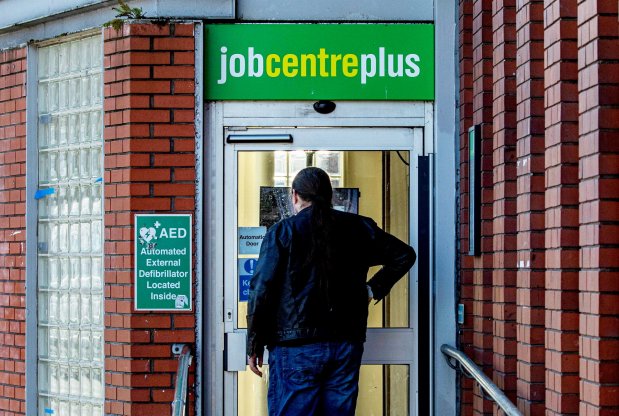Judges are overturning a significant number of government benefit denials, with two out of three people winning their appeals for taxpayer-funded benefits after initial rejections by the Department for Work and Pensions (DWP). This revelation, reported by The Sun on Sunday, highlights a 69 percent success rate for claimants who take their cases to tribunal panels.
According to a government source, this high success rate is surprising, especially since the tribunal judges often review the same evidence that was initially assessed by DWP officers. The source remarked, “This is a staggering success rate because in many of the cases the judges see the same evidence the original Department for Work and Pensions (DWP) officer saw when they refused the application. It clearly shows that the whole system is becoming a joke.”
Understanding the Appeal Process
More than half of all applicants for state benefits are successful in their claims. During the 2023/24 period, out of 721,100 Personal Independence Payments (PIP) claims processed, 332,800 were declined, resulting in a rejection rate of 46 percent. Claimants have the opportunity to appeal in two stages.
Initially, one in five applicants can secure benefits by requesting a “mandatory reconsideration” from the DWP. If this reconsideration fails, claimants can appeal to a tribunal. At this stage, two out of three people succeed in overturning the DWP’s decision. These tribunals are typically chaired by legally qualified judges and include a medical member and a disability expert.
Criticism of DWP’s Evidence Quality
The quality of evidence provided by the DWP has come under scrutiny. In 2007, Sir Ernest Ryder, a former senior president of tribunals, criticized the department, stating that the evidence would be “wholly inadmissible” in other courts. He described the DWP as “incompetent” and expressed frustration over the number of cases lacking a justifiable defense.
In 2023/24, 46,803 PIP appeals were cleared at tribunal hearings, with 32,222 – 69 percent – decided in favor of the applicant.
Political Implications and Reactions
This development follows recent political tensions over welfare reforms. Sir Keir Starmer’s attempts to gain support from welfare bill skeptics faced setbacks when Labour MPs opposed measures to tighten daily living assessments for PIP claimants. Initially, the government aimed to save £4.8 billion through these reforms, but the figure was later reduced to £2.5 billion.
After significant opposition, ministers agreed to apply stricter eligibility rules only to new claimants. This decision came after 126 Labour MPs threatened to vote against the proposals. Rachael Maskell, a leading opposition figure, criticized the government’s handling of the welfare bill, stating, “The whole bill is now unravelling and is a complete farce.”
Jon Sparkes, CEO of the learning disability charity Mencap, emphasized the impact on disabled individuals, asserting, “Disabled people should not have to pay to fix black holes in the public finances.”
Future of Welfare Reforms
Looking ahead, the government plans to cut the health element of Universal Credit by nearly 50 percent for most new claimants starting in April next year. However, there are also plans for an above-inflation increase in the benefit’s standard allowance.
The ongoing review led by welfare minister Sir Stephen Timms, in collaboration with disability groups, will determine the final shape of these reforms. As the debate continues, the high success rate of appeals highlights the need for a closer examination of the initial assessment process and the quality of evidence used by the DWP.
 Singapore’s Ambitious £10bn Tuas Mega Port to Become World’s Largest
Singapore’s Ambitious £10bn Tuas Mega Port to Become World’s Largest Jennifer Lopez Unveils New Look Amid Ben Affleck Heartbreak Song Release
Jennifer Lopez Unveils New Look Amid Ben Affleck Heartbreak Song Release York’s Tourism Boom Sparks Local Concerns Over Housing and Community Impact
York’s Tourism Boom Sparks Local Concerns Over Housing and Community Impact Texas Floods Claim 51 Lives, 27 Girls Missing as Rescue Efforts Intensify
Texas Floods Claim 51 Lives, 27 Girls Missing as Rescue Efforts Intensify Mel B’s Wedding: Which Spice Girls Were Absent and Why?
Mel B’s Wedding: Which Spice Girls Were Absent and Why?